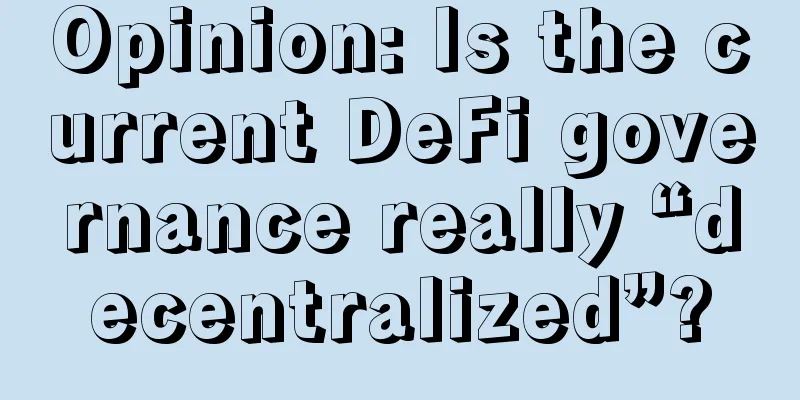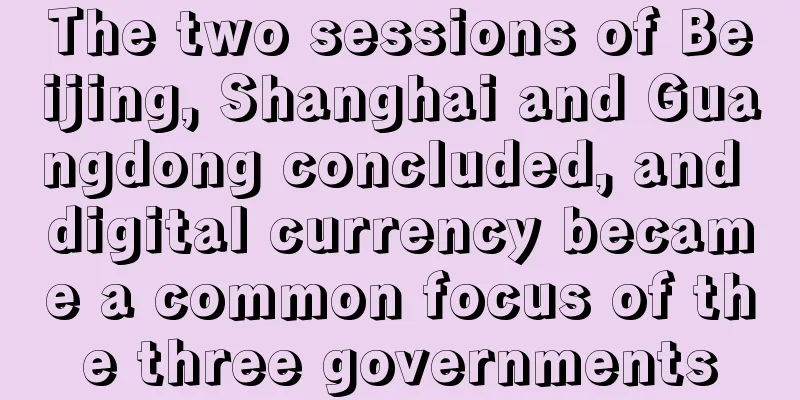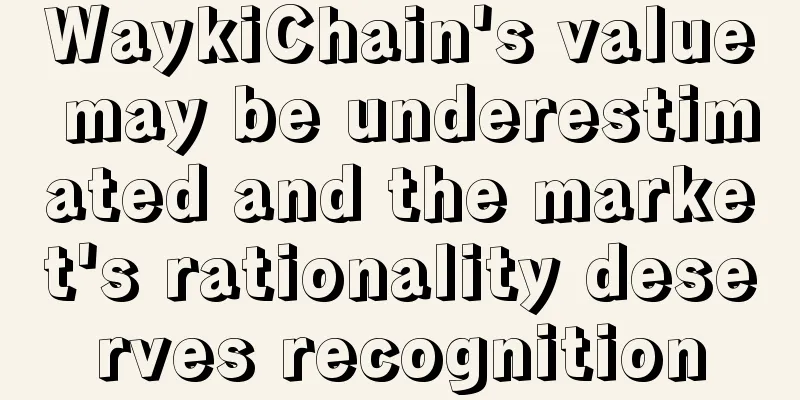Opinion: Is the current DeFi governance really “decentralized”?

|
Do we really believe in censorship resistance and decentralization? We are part of the Ethereum community because we believe in a more decentralized and censorship-resistant world. We are tired of seeing voting interference due to conflicts of interest that are prevalent in the traditional world, from external influence on elections through the use of social media companies to banning accounts based on their political affiliation. Crypto should be a movement that embraces the ideals of censorship resistance and decentralization. So why are we content with centralised governance frameworks and censorship of dissenting opinions? DeFi teams claim to be decentralized and pose as giving power to the community rather than special interest groups. But why do we see the opposite happen again and again? Conflict of interest in the project governance frameworkCurrently, Discourse has become the go-to platform for governance frameworks related to DeFi. Compound, Curve, Uniswap, and almost every other major DeFi project have a Discourse framework for their community members to debate the most important issues facing their protocols. But what is Discourse actually? Discourse is a framework management service backed by traditional Silicon Valley investment firms. Some of Discourse’s backers, such as SV Angels, are also well-known investors in DeFi projects such as Uniswap. The operators of these frameworks pay a subscription fee to Discourse in exchange for the framework hosting service. In exchange for the fee, the operator has full control over their Discourse , including moderator and muting privileges. In DeFi, most of the time, the project teams themselves are the operators of these Discourse frameworks, which means they can control the debates that take place and even exercise the right to ban people. Some DeFi projects, such as Compound, have their Discourse framework operated by venture capitalists who have invested equity in their companies. Below, you’ll see a tweet from Niraj Pant, a general partner at Polychain Capital. https://twitter.com/cjliu49/status/1283849367791656961?s=20 Calvin Liu is the head of strategy at Compound, and Polychain is one of the largest investors in Compound , so because of the early investment, he has become one of the largest representatives in the Compound governance process. In fact, Polychain has the second largest voting power among all individuals or organizations, including Robert Leshner himself. They are also a very active participant in the Compound governance process and have voted on 10 proposals. https://compound.finance/governance In the case of Compound, my question is the following: Why do we embrace a centralized governance framework controlled by the largest delegates ? And the debate related to Compound governance mainly takes place there . For other parts of DeFi, why is it always the project team themselves that controls the governance framework? In both cases, I believe there is a clear conflict of interest with the community at large. When the team controls the governance framework, they can censor the views of community members who may want to steer governance in a different direction than the founding team. Likewise, when one of the largest delegates controls the main governance discussion framework, isn’t this a conflict of interest? If a contentious issue arises, won’t that delegate seek to maximize their own interests by moderating the discussion on the governance framework to sway sentiment in the direction of their desired vote? Examples of censorship in actionOf course, one could criticize this statement by saying that these DeFi teams and their investors will never revisit censorship as a solution. However, there are examples that show that censorship is already happening. I’m not talking about constant bans and muting on Discord, Twitter, and Telegram, but the actual removal of community members/their posts from the governance framework itself. I want to tell you a story about SF, who submitted an off-chain governance proposal to Curve’s Snapshot and Curve’s Discourse governance frameworks, which is exactly the topic we are discussing today: censorship. SF created a proposal called "Stop Censorship, Embrace Transparency". Here is what SF wrote in the proposal. In addition to publishing the proposal on the Curve Discourse governance framework and on Curve’s snapshot page, our friend SF also shared the proposal in Curve’s Telegram group. The Curve team responded with an overwhelming force of moderators. SF saw his Framework account on Curve deleted. Curve not only banned SF from their governance framework, but also removed his proposal from Snapshot. Curve has full control over which votes and proposals are visible on their snapshot UI . Clearly, censorship does exist. The fact that these project teams control not only the governance framework, but also the voting medium through which people signal their emotions is a classic example of centralization. What to expectIf we continue to allow project teams and their investors to control governance frameworks, we can only expect more scrutiny and centralization of these platforms in the future as the risks continue to rise. We need governance frameworks and signaling solutions that are not controlled by the project teams and their investors themselves. This type of control is no different than state-controlled media, and is exactly the type of control we are trying to escape when we join crypto. |
<<: What is the future of “cryptocurrency investors”?
>>: Famous American rapper announces “significant investment” in Bitcoin
Recommend
The essence of face reading: Four Rivers and Five Mountains
1. The Four Rivers in Physiognomy The so-called F...
Ethereum open interest peak plunge may occur
Ethereum gained 8.8% between October 14 and 15, b...
What are the meanings of the marks on the love line?
Cross pattern: If there is a cross pattern on the...
What does it mean if a woman has a mole on the outside of her left foot?
In our lives, few people would observe or discove...
Which projects are taking over from Bitcoin and becoming hot spots for Ethereum concept layout?
With the approval of the Bitcoin spot ETF, the ma...
BitMEX Co-Founder Predicts Ethereum to Reach $5,000
Despite strong performances from other cryptocurr...
International Car Tour Company Isilines Accepts Bitcoin Payments
International bus travel has become a trend these...
The cold faces of people in life
Most people are always particularly polite when d...
Does a scar on the chin affect wealth? Is a scar on the chin good?
Everyone has scars on their body, some are big an...
New York Gemini Bitcoin Exchange is ready to go
Gemini, the New York-based bitcoin exchange found...
The face of a man who is difficult to achieve great things
In physiognomy, what kind of men are destined to ...
How do you view the intersection of Filecoin and Defi?
2020 is an extraordinary year. The COVID-19 pande...
How many unique Bitcoin wallet users are there? Currently, there are about 2.9 million to 5.8 million
Golden Finance News - How big is the Bitcoin indu...
What major developments have been made in the crypto industry in the first half of 2024?
Cryptocurrency moves fast – blink and you’ll miss...
Is the palm of a woman with a "川" shape on her right hand good or bad?
Some people have a "川"-shaped palm, som...









